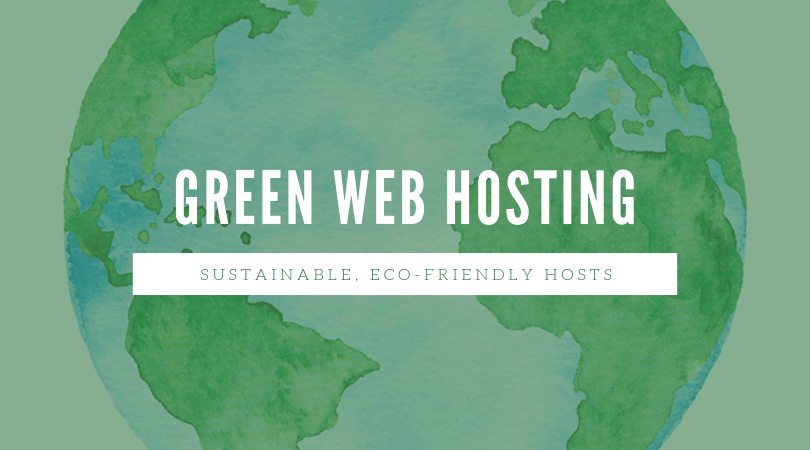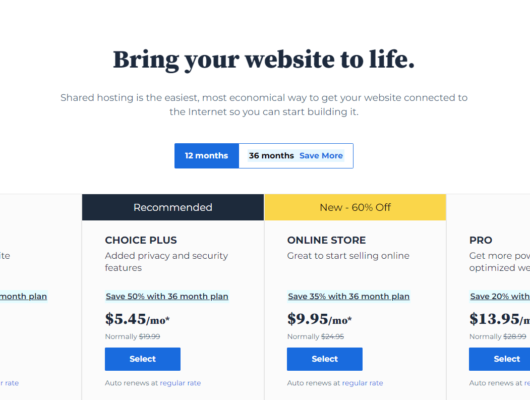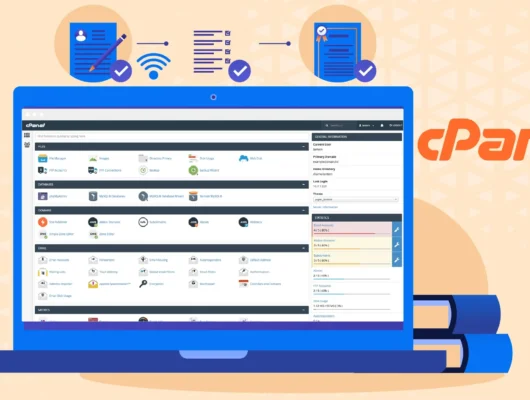In an era where environmental consciousness is gaining momentum, individuals and businesses are increasingly looking for sustainable choices in all aspects of their operations.
Green web hosting has emerged as a response to this demand, offering eco-friendly alternatives that align with the principles of environmental responsibility.
This article explores the concept of green web hosting, its environmental benefits, and why it’s becoming an attractive option for those seeking to reduce their carbon footprint.
Reduced Carbon Emissions
Traditional data centers, often associated with non-renewable energy sources, contribute significantly to carbon emissions.
Green web hosting providers, however, prioritize renewable energy sources such as wind, solar, or hydroelectric power.
By choosing green hosting, businesses and individuals can dramatically reduce their carbon footprint, contributing to a cleaner and more sustainable environment.
Utilization of Renewable Energy
Green web hosting relies on renewable energy sources to power servers and data centers.
Unlike conventional hosting services that may rely on fossil fuels, green hosting providers invest in clean and renewable energy technologies.
This shift to sustainable energy not only minimizes environmental impact but also supports the transition towards a more sustainable energy landscape.
Energy-Efficient Infrastructure
Beyond renewable energy sources, green hosting providers often invest in energy-efficient technologies.
This includes the use of energy-efficient servers, cooling systems, and other infrastructure optimizations.
By prioritizing efficiency, these providers ensure that the energy consumed is used judiciously, further reducing the overall environmental impact of hosting operations.
Carbon Offsetting Initiatives
Many green hosting providers go beyond utilizing renewable energy by actively participating in carbon offsetting initiatives.
These initiatives involve investing in projects that aim to reduce or capture an equivalent amount of carbon dioxide to compensate for the emissions produced by hosting operations.
This comprehensive approach demonstrates a commitment to environmental stewardship.
Eco-Friendly Data Center Design
Green hosting often involves the adoption of eco-friendly data center designs. This may include the use of advanced cooling technologies, efficient server layouts, and sustainable building materials.
By embracing environmentally conscious design principles, green hosting providers create facilities that minimize environmental impact while maintaining high-performance standards.
Positive Brand Image and Consumer Appeal
As environmental awareness grows, consumers are increasingly making choices based on a company’s commitment to sustainability.
Opting for green web hosting not only aligns with ethical values but also enhances a brand’s image.
Businesses that prioritize sustainability can appeal to environmentally conscious consumers, thereby gaining a competitive edge in the market.
Read more about Private Cloud…
Conclusion
Green web hosting represents a proactive step towards reducing the environmental impact of online activities.
By harnessing renewable energy, adopting energy-efficient technologies, and participating in carbon offsetting initiatives, green hosting providers offer a sustainable and responsible alternative.
As businesses and individuals strive to make eco-friendly choices in all aspects of their operations, green web hosting emerges as a pivotal option that not only meets hosting needs but also contributes to a greener, more sustainable future.






